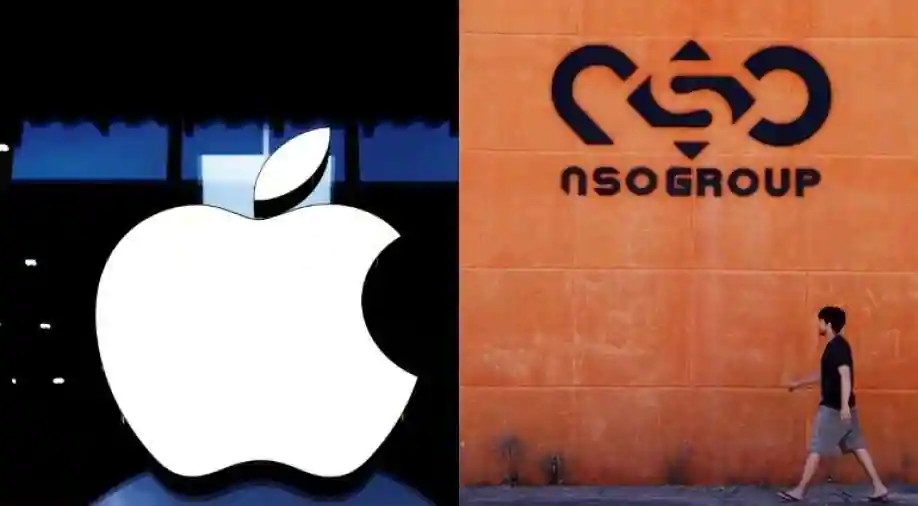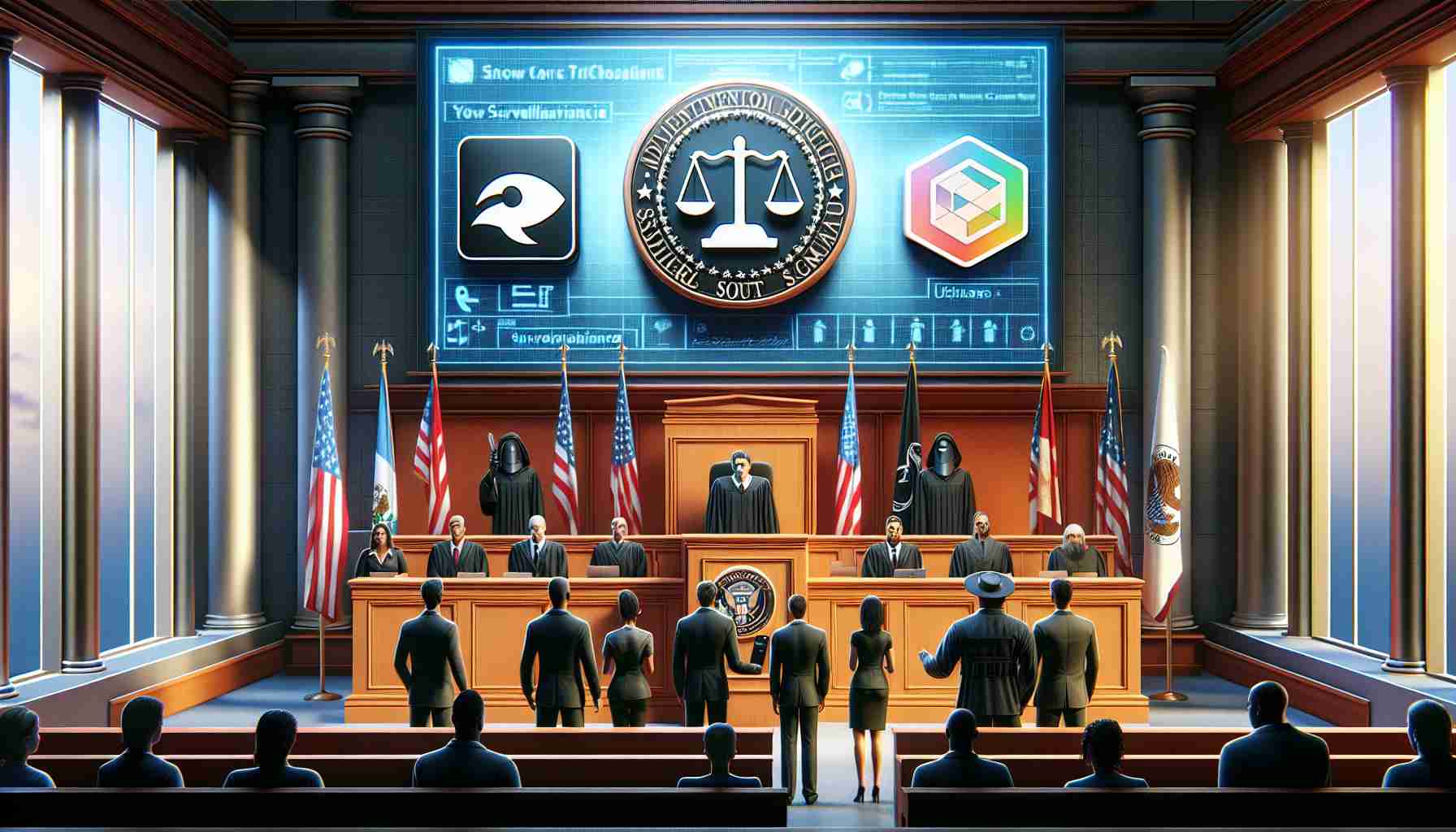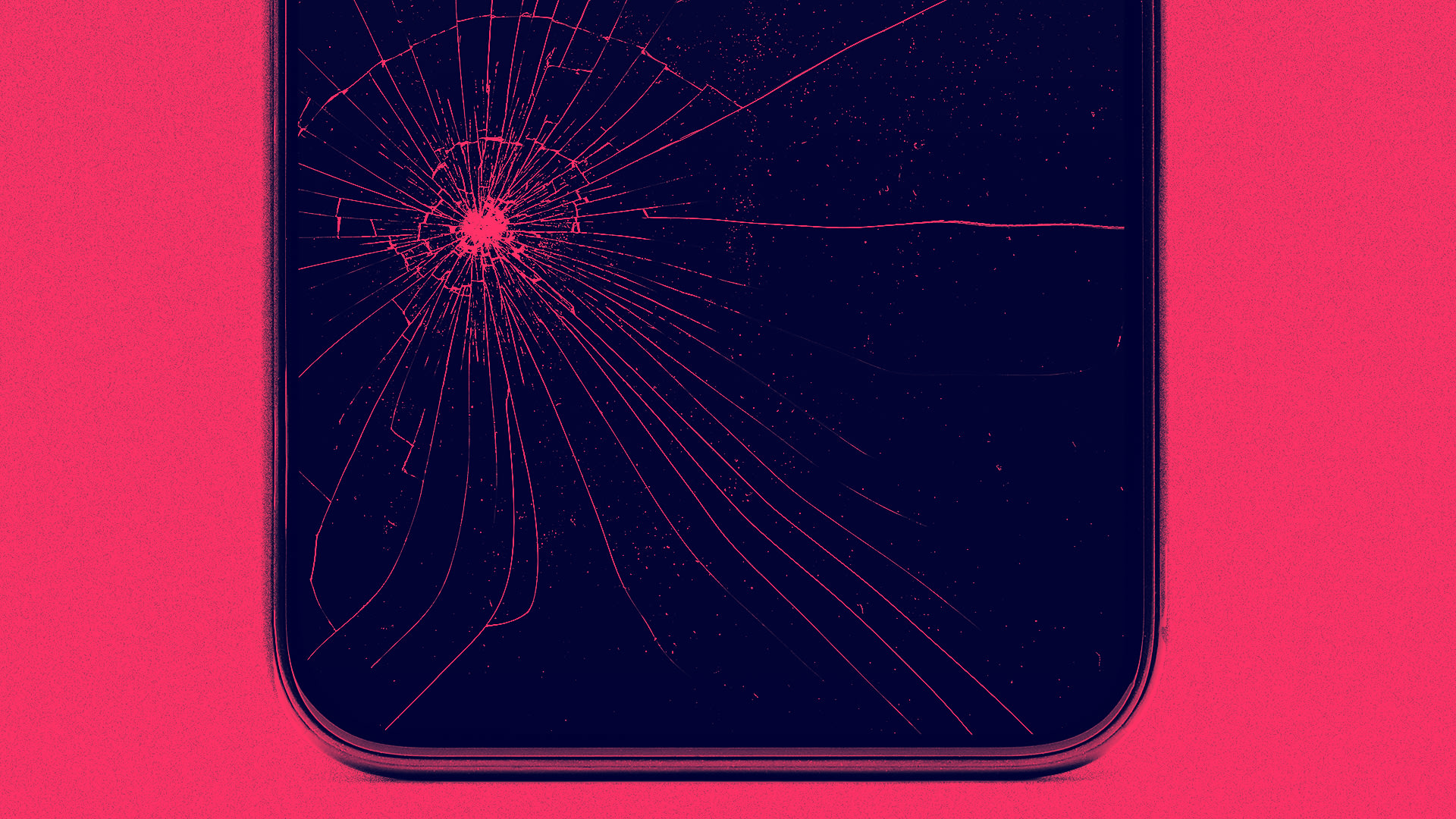Apple has recently decided to dismiss its lawsuit against the Israeli spyware company NSO Group. This decision comes after Apple expressed concerns that continuing the lawsuit could inadvertently expose sensitive information related to its anti-exploit measures, which are crucial for defending against the very threats posed by NSO's Pegasus spyware , .
The lawsuit, originally filed in 2021, accused NSO Group of illegally surveilling Apple users through its Pegasus software, which is capable of infiltrating both iPhones and Android devices. Pegasus has been at the center of numerous controversies, as it has been used to target journalists, activists, and political dissidents worldwide , .
Apple's decision to drop the lawsuit is also influenced by recent developments, including a raid by Israeli officials on NSO's headquarters, which might have compromised critical documents related to the Pegasus software. This situation has made it challenging for Apple to obtain the necessary files to support its case .
The Pegasus spyware has been a significant concern for global cybersecurity, as it can extract vast amounts of information from mobile devices, including text messages, passwords, and location data. This has led to widespread criticism and investigations into NSO Group's practices .

In summary, Apple's decision to dismiss the lawsuit against NSO Group highlights the complexities and risks involved in legal battles over cybersecurity and surveillance technologies. The case underscores the challenges tech companies face in protecting user privacy while navigating legal and geopolitical landscapes.


